Optimal Timing for Roofing Services

Spring offers moderate temperatures ideal for roofing repairs and installations, reducing the risk of weather-related delays.
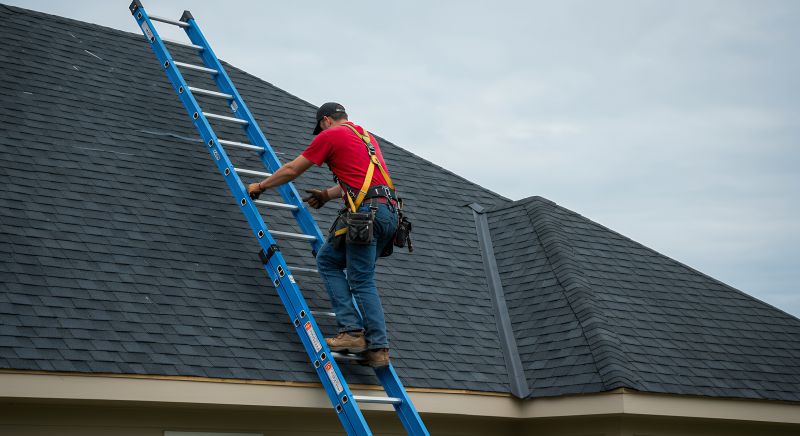
Summer provides longer daylight hours and warmer weather, facilitating efficient roofing work, though high heat can pose challenges.

Fall's cooler temperatures and dry conditions make it a favorable time for roofing projects before winter sets in.

Ways to make Roofing Service work in tight or awkward layouts.

Popular materials for Roofing Service and why they hold up over time.

Simple add-ons that improve Roofing Service without blowing the budget.

High-end options that actually feel worth it for Roofing Service.

Finishes and colors that play nicely with Roofing Service.
Roofing services are essential for maintaining the integrity and safety of a building's structure. Proper timing can influence the quality and longevity of the work performed. Seasonal weather patterns significantly impact roofing projects, with mild conditions generally providing optimal environments for repairs and installations. Understanding the best times to schedule roofing service can help prevent delays, reduce costs, and ensure durable results.
Dry, mild weather minimizes the risk of delays and weather-related damage during roofing projects.
Extreme heat or cold can affect roofing materials and installation processes, making moderate temperatures preferable.
Certain roofing materials perform better under specific seasonal conditions, influencing project outcomes.
Off-peak seasons may offer more scheduling flexibility and potentially lower costs.

Various materials are suited for different seasons; asphalt shingles are popular for their durability.

Regular inspections help determine the best timing for repairs or replacement.

Proper planning ensures roofing projects are completed efficiently within suitable weather windows.
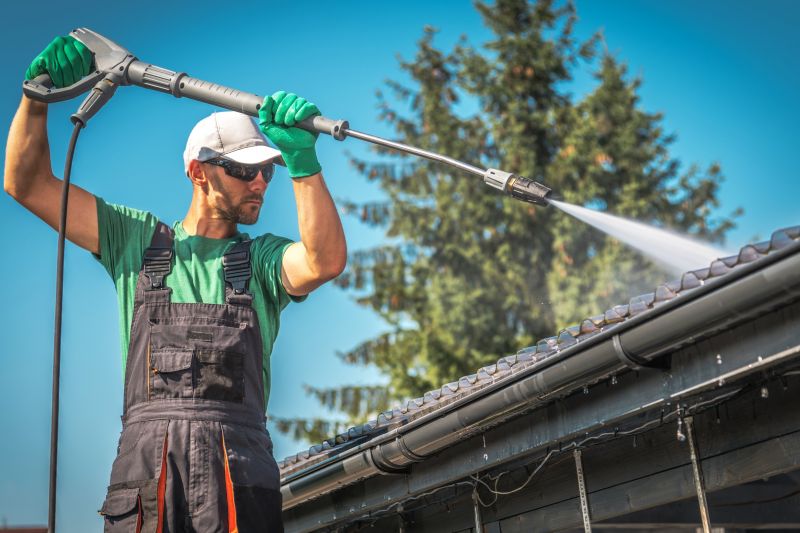
Routine maintenance during favorable seasons prolongs roof lifespan and readiness for repairs.

Understanding local weather trends assists in scheduling roofing work at optimal times.

Weather conditions directly influence the duration and success of roofing projects.

Scheduling during stable weather enhances safety for roofing crews and property protection.
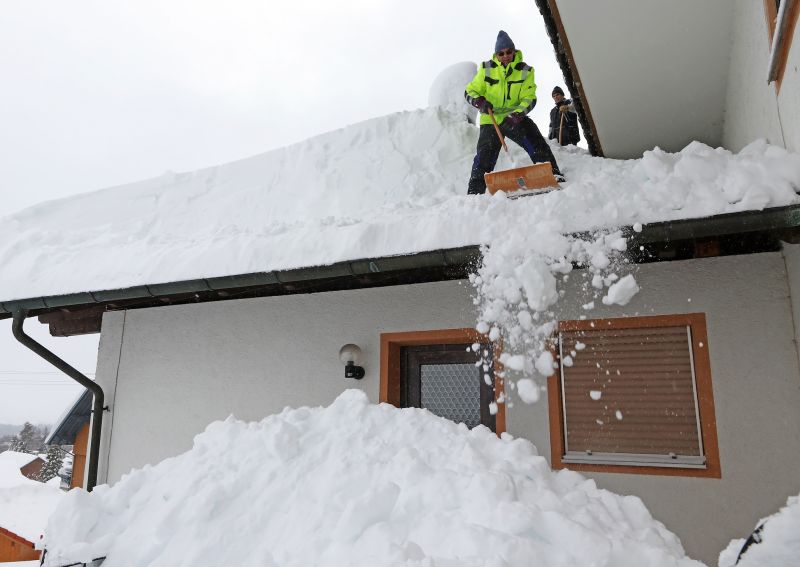
Off-season roofing can sometimes result in cost savings due to lower demand.
| Season | Advantages |
|---|---|
| Spring | Moderate temperatures, longer daylight, ideal for repairs. |
| Summer | Warm weather, extended work hours, quick completion. |
| Fall | Cool, dry conditions, good for scheduling before winter. |
| Winter | Less favorable due to cold, snow, and ice; potential delays. |
Choosing the right time for roofing service can improve project quality and durability. Proper planning based on seasonal weather patterns helps mitigate risks associated with weather disruptions. Consulting with roofing professionals can assist in identifying the most suitable period for specific roofing needs, ensuring timely and effective results.
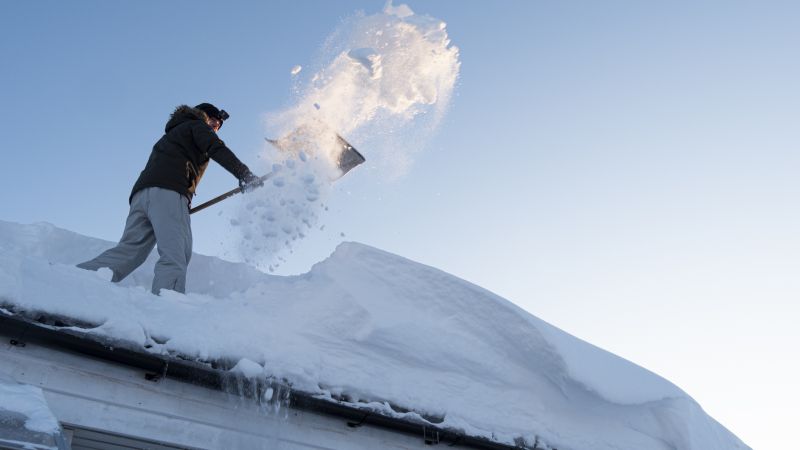
Scheduling during optimal seasons ensures smooth project execution.
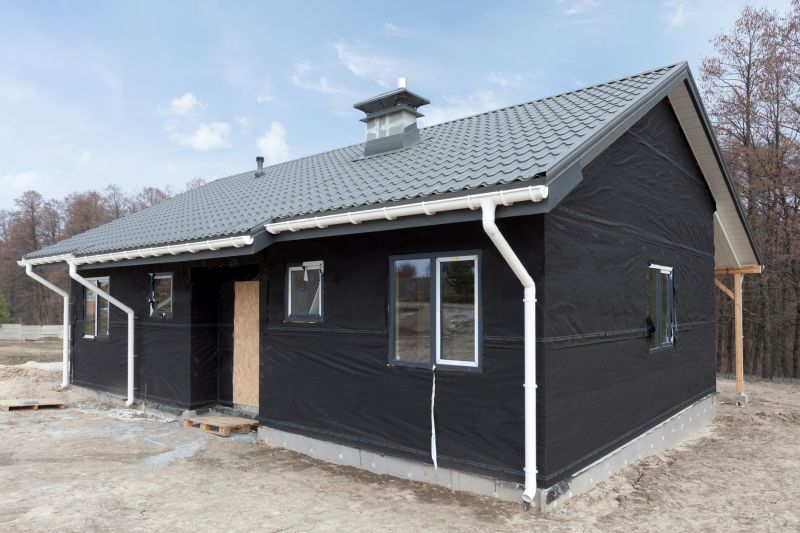
Selecting appropriate materials for seasonal conditions extends roof lifespan.

Regular inspections help determine the best timing for repairs.

Properly timed projects result in durable, long-lasting roofs.
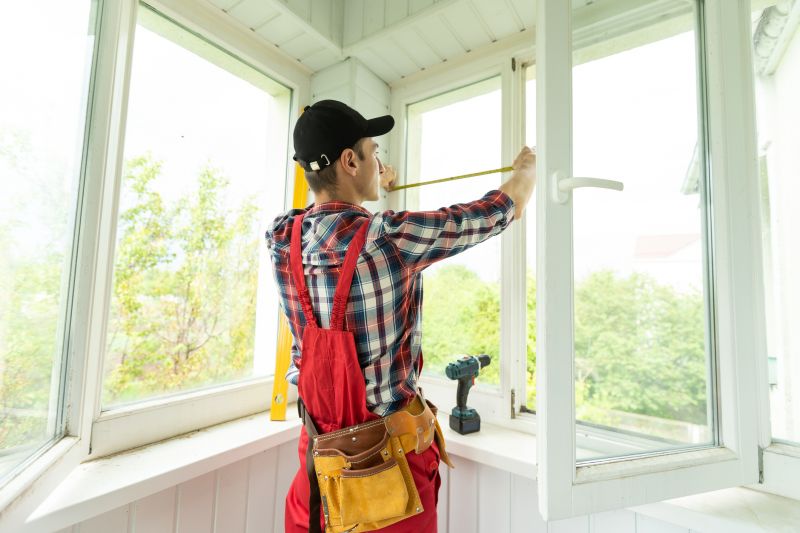
Little measurements that prevent headaches on Roofing Service day.
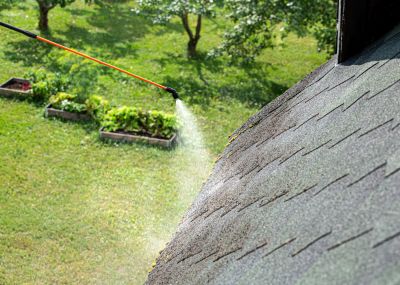
A 60-second routine that keeps Roofing Service looking new.
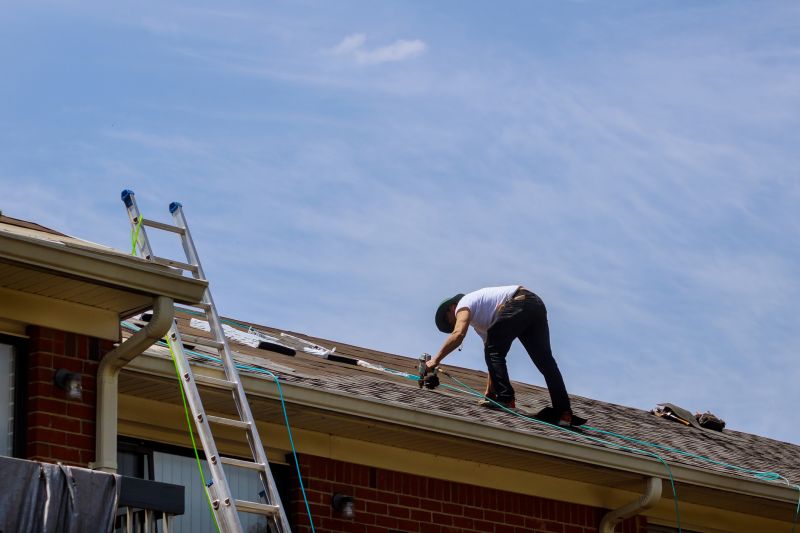
A frequent mistake in Roofing Service and how to dodge it.

Small tweaks to make Roofing Service safer and easier to use.
Interested in scheduling roofing service? Filling out the contact form provides a convenient way to discuss options and plan for optimal timing tailored to specific needs. Proper scheduling can ensure a successful project with lasting results.



